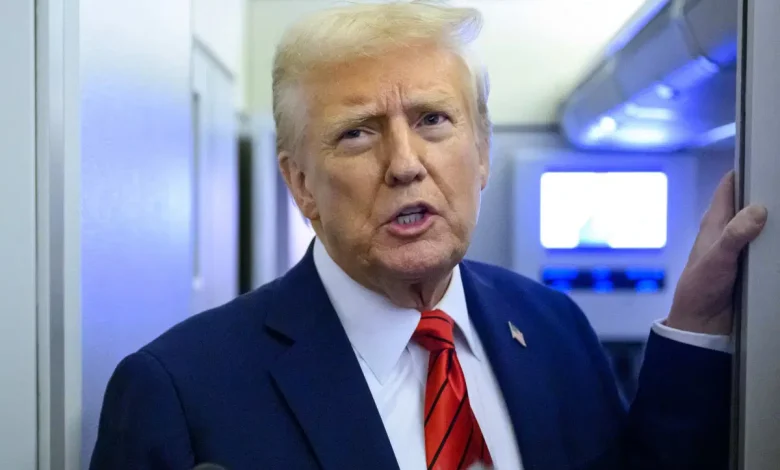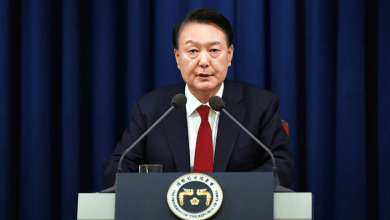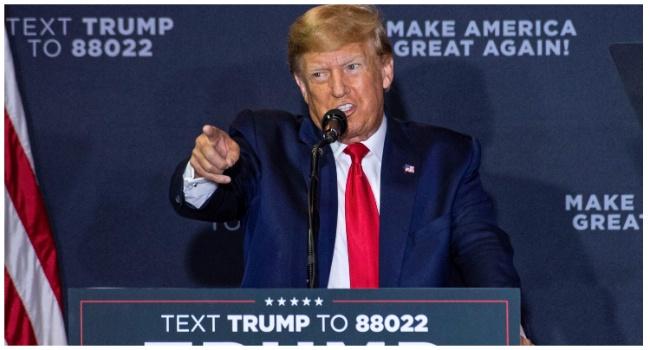Trump Pushes Birthright Citizenship Battle to the Supreme Court Amid Legal Setbacks

President Donald Trump on Thursday escalated his controversial effort to end birthright citizenship in the U.S., bringing his case before the Supreme Court. The move came after federal district courts in Maryland, Massachusetts, and Washington State blocked his executive order, which sought to eliminate birthright citizenship for children born to parents who are in the country illegally.
Birthright citizenship is enshrined in the 14th Amendment of the U.S. Constitution, which guarantees that anyone born on U.S. soil is a citizen. Trump’s executive order, signed on his first day in office, aimed to restrict this right for children whose parents are undocumented immigrants.
In an emergency application submitted to the Supreme Court, the Justice Department requested that the Court limit the scope of lower court injunctions, which had blocked the order nationwide, to the specific parties involved in the cases at hand. Acting Solicitor General Sarah Harris argued that the injunctions unfairly prevented the implementation of the president’s executive order, which she described as a “modest” request. Harris did not, however, seek a ruling on the constitutionality of the birthright citizenship issue itself at this time.
“The universal injunctions issued by lower courts prevent the President’s Executive Order from being enforced anywhere in the country,” Harris wrote in the brief. “As the parties continue to litigate significant constitutional questions, the Court should restrict these injunctions to apply only to the parties currently under the court’s jurisdiction.”
Trump’s push to eliminate birthright citizenship has faced numerous legal challenges as part of his broader effort to combat illegal immigration. The president has also sought to slash government spending and reduce the federal workforce. Just hours before the Supreme Court filing, a California judge ruled that six federal agencies must rehire thousands of workers who had been dismissed during probation.
Harris also criticized the increasing number of “universal injunctions” issued by district court judges, arguing that they have become so widespread that they now hinder the Executive Branch’s ability to carry out its constitutional functions. She described the situation as reaching “epidemic proportions.”
Trump’s executive order, which was initially slated to take effect on February 19, would have excluded from citizenship children born in the U.S. to parents who are either in the country illegally or on a visa. In their defense of the order, Trump’s legal team argued that such individuals were not “subject to the jurisdiction” of the United States, as required by the 14th Amendment.
The issue has drawn sharp legal reactions. Judge John Coughenour, who handled one of the birthright cases in Washington state, called the executive order “blatantly unconstitutional.” Coughenour, a Reagan appointee, remarked that in his long judicial career, he could not recall a case as clear-cut as this one.
As the case moves forward, the conservative-majority Supreme Court, which includes three justices appointed by Trump, is expected to play a pivotal role in determining the future of birthright citizenship in the U.S. The outcome could have far-reaching implications for immigration policy and the scope of executive power.





